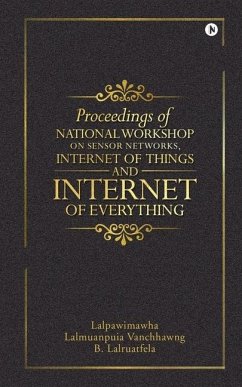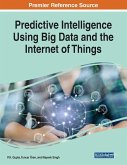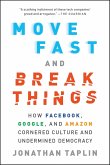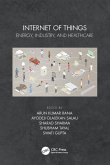In the modern world where technological advancement is pulsating in a matter of days, weeks or months, the ability to collect, process and analyse information can be a determining factor of life or death, peace or war, profit or loss, etc. The evolution of technology-based information is so rapid that even a highly competent individual has to struggle through thick and thin to keep up with the current trend. What happened a few minutes ago in the Amazon rain forest of South America can be heard of by a businessman residing somewhere in Asia, or any person from elsewhere with an internet connection. What was once a big and vast world system, has now become a small globalized realm due to the accessibility of information much more effectively and accurately in a shorter span of time, without the need to travel from one place to another. Thus, the gathering of information becomes more efficient and cheaper with the development of the global network system. However, with ever-increasing human population and new and better technological innovations (much like the pollution we so generated daily in huge amount), data, especially the public data, becomes so enormous that gathering, handling, processing and analysing that data becomes a demanding task. The analogy between data and pollution is accurate and ironic at the same time. Both are mainly of anthropogenic origins, increasing in folds of many, and managing them gets out of hand. If this vast data of information can be utilised for the betterment of Planet Earth, like for peace, removal and reduction of pollutions, advancement in medicines and healthcare systems and eradication of world poverty, it would be most appreciable.
Bitte wählen Sie Ihr Anliegen aus.
Rechnungen
Retourenschein anfordern
Bestellstatus
Storno








